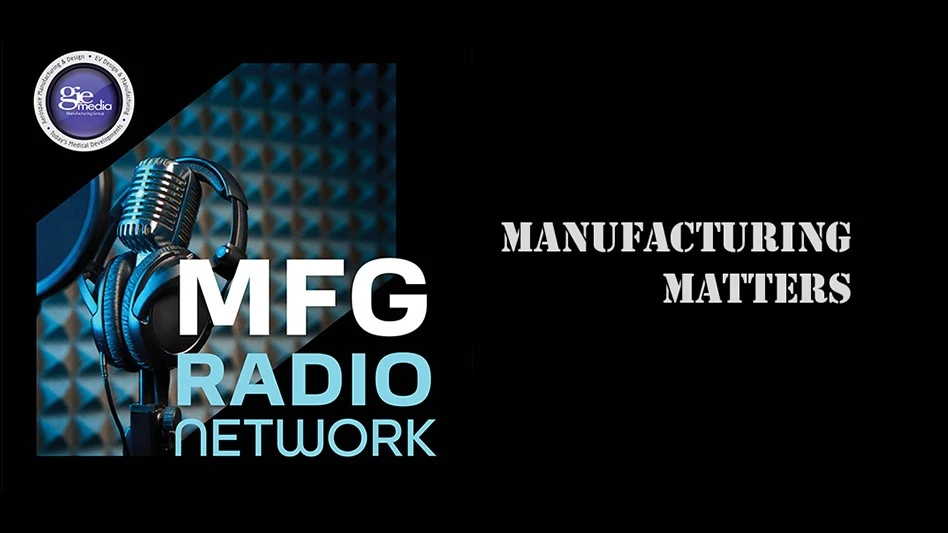
CREDIT: PORSCHE
With a pilot project, Porsche aims to recover valuable raw materials from high-voltage batteries after their use in vehicles and to test a potential closed-loop raw material cycle. With this initiative, Porsche wants to address the growing importance of recycled battery raw materials and promote responsible handling of high-voltage batteries. In the long term, a recycling network for high-voltage batteries is planned to be established in collaboration with external partners.
"With the help of innovative recycling processes, we strive to increase our independence from volatile and geopolitically unstable raw material markets," says Barbara Frenkel, executive board member for procurement at Porsche. "Circular Economy is a core pillar of our sustainability strategy, and with this pilot project, we want to underscore our ambitions."
Step by step toward a circular economy
To test a process suitable for serial application, the pilot project is divided into three phases.
In the first project phase, high-voltage batteries from development vehicles are mechanically shredded at the end of their use-phase and processed into so-called "black mass." The resulting granulate mixture contains valuable raw materials such as nickel, cobalt, manganese, and lithium. So far, around 65 tons of co-called black mass have been produced.
Subsequently, the black mass will be further refined and separated into the essential raw materials for high-voltage battery production. The quality and purity of the recycled materials are particularly important to Porsche in order to manufacture high-quality batteries for electric vehicles.
In the third pilot phase, Porsche aims to produce high-voltage battery cells with a defined proportion of recycled materials and test their potential use in Porsche vehicles. The pilot project demonstrates Porsche's holistic understanding of the circular economy: valuable raw materials from decommissioned high-voltage batteries are recovered, processed, and reused in new products. This can extend the lifecycle of selected resources and further reduce the environmental impact of battery production.
Porsche as an innovation driver
With this approach, Porsche aims to play a key role in the development of closed battery raw material cycles and reaffirms its ambitions for a responsible use of resources. The commitment also aims to demonstrate how Porsche is preparing for upcoming regulatory changes – for example, the expected requirements for batteries in the European Union, which will come into effect from 2031. By early adoption of recycled materials, Porsche intends to make an active contribution while further reducing its environmental impact.
Latest from EV Design & Manufacturing
- Address the challenges of machining high-temperature aerospace components
- Elevate your manufacturing operations with April’s Manufacturing Lunch + Learn
- EVident Battery closes $3.2 million seed funding round
- Walter introduces milling grade for increased tool life
- Drive Electric Earth Month kicks off across the US
- Coated carbide grades designed for turning titanium alloys
- #41 Lunch + Learn Podcast - SMW Autoblok
- Partnership to accelerate industrialization of immersion-cooled battery systems






